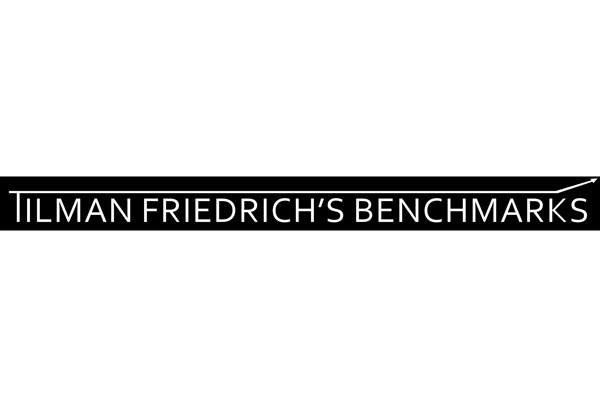
Understanding debit orders

In an effort to promote financial literacy, the Bankers Association of Namibia urges the public to familiarise themselves with banking products which are available on the market.
Bankers Association Chief Executive Officer Brian Katjaerua says, “Many life decisions essentially revolve around managing your finances, and it can be overwhelming when dealing with it all. So often, we hold out on making the perfect decision and as a result, procrastinate. In other circumstances, we don’t always understand the full functionality of products, services and financial instruments such as debit orders.”
Debit orders are one of the most commonly used products in banking services and one often hears customers that they are waiting for debit orders to go off from their salaries at the end of the month, before they can enjoy funds left in their bank account. Let’s take a closer look at what exactly a debit order is.
“A debit order is an agreement between you, the client of the bank, and a third party to take an agreed amount of money from your bank account every month to pay for services or loans. In Namibia, debit orders are commonly used to pay for mortgage loans (house), personal loans, car loans, insurance premiums, furniture accounts, clothing accounts, and student loans. The advantage of debit orders is that they help you to pay your accounts on time, keep track of all your payments and so to understand and stick to your budget,” explains Katjaerua.
Debit orders make life easier for the public because when you enter into a debit order arrangement with a third party, there is no need for you to physically go to the bank to pay for the services or spend time paying your many bills via internet banking. Clients will also have a payment history and proof of their payments. The debit order has the advantage of helping you make payments without forgetting.
“As a consumer of financial products, it is your duty to make sure that you understand the functionality of debit order agreements. Misunderstandings over debit order fees and deductions are sometimes caused by a lack of understanding of what the terms and conditions entail,” says Katjaerua.
The first step towards authorizing a debit order is to sign an agreement with the third party, say an insurance company and then providing the insurance company with your banking details. The third-party will then and seek permission from your bank to collect the agreement amount from your account.
The public must also note that only the party you signed the agreement with can cancel the debit order. You must contact the third party you have signed the agreement with to cancel the debit order and follow up to make sure that the agreement has been cancelled.
You must also be aware that if a bank account does not have enough money to honour the agreed amount, then debit order rejection fees will apply, and late payment fees and interest are added by the third party with whom you have a debt.
Furthermore, it is important to know that rejected debit orders will also be recorded against your credit profile information in terms of the Credit Bureau Regulations: Bank of Namibia Act, 1997 (which is the applicable law), which in the long term may have a negative impact and affect your credit score in future. Clients are always advised to ensure that debts payable through debit orders are settled first before spending on their wants. Debit orders help you to pay financial priorities while you have money available in your account. Clients are advised to familiarise themselves with debit order fees by requesting a pricing guide from your bank.
The Bankers Association of Namibia (BAN) recently announced a new electronic funds transfer system called NamPay. The system is spearheaded by the Bank of Namibia and the Payment Association of Namibia. NamPay comprises three new payment streams, namely an enhanced debit orders system called EnDO, an enhanced credit payments system called EnCR, as well as a near-real-time credit payment system referred to as NRTC.
Debit orders will be presented for collection against the client’s account three times during the day. The unpaid fee charged for unsuccessful debit orders is 1.5 % (percent) of the debit order amount, with a minimum of N$39 and a maximum of N$200 as per the Bank of Namibia regulation.
Collectors may then choose to activate Credit Tracking, which is the continuous checking of funds on your account if the debit order amount was not deducted from your bank account due to insufficient funds.
Credit Tracking can be done continuously for up to 14 days. Fees are not charged for Credit Tracking.
Payments made to beneficiaries through online platforms will be processed through the enhanced credit payment system or EnCR service. Due to more frequent settlements between domestic banks during the day, EnCR payments will reflect on the customer’s account on the same day.
In addition to the EnCR payment stream, immediate payments (NRTC) will be introduced. The NRTC payment stream enables a customer to transfer funds in real-time to any of their beneficiaries within the same business day.
“Managing your debit orders is one of the most important tools to building a healthy credit profile and being a financially literate banking consumer allows you to manage your finances with more confidence,” concludes Katjaerua.
Consumer Education is an important element of the broader financial literacy programmes championed by the BAN. For more information please visit: https://ban.na













































